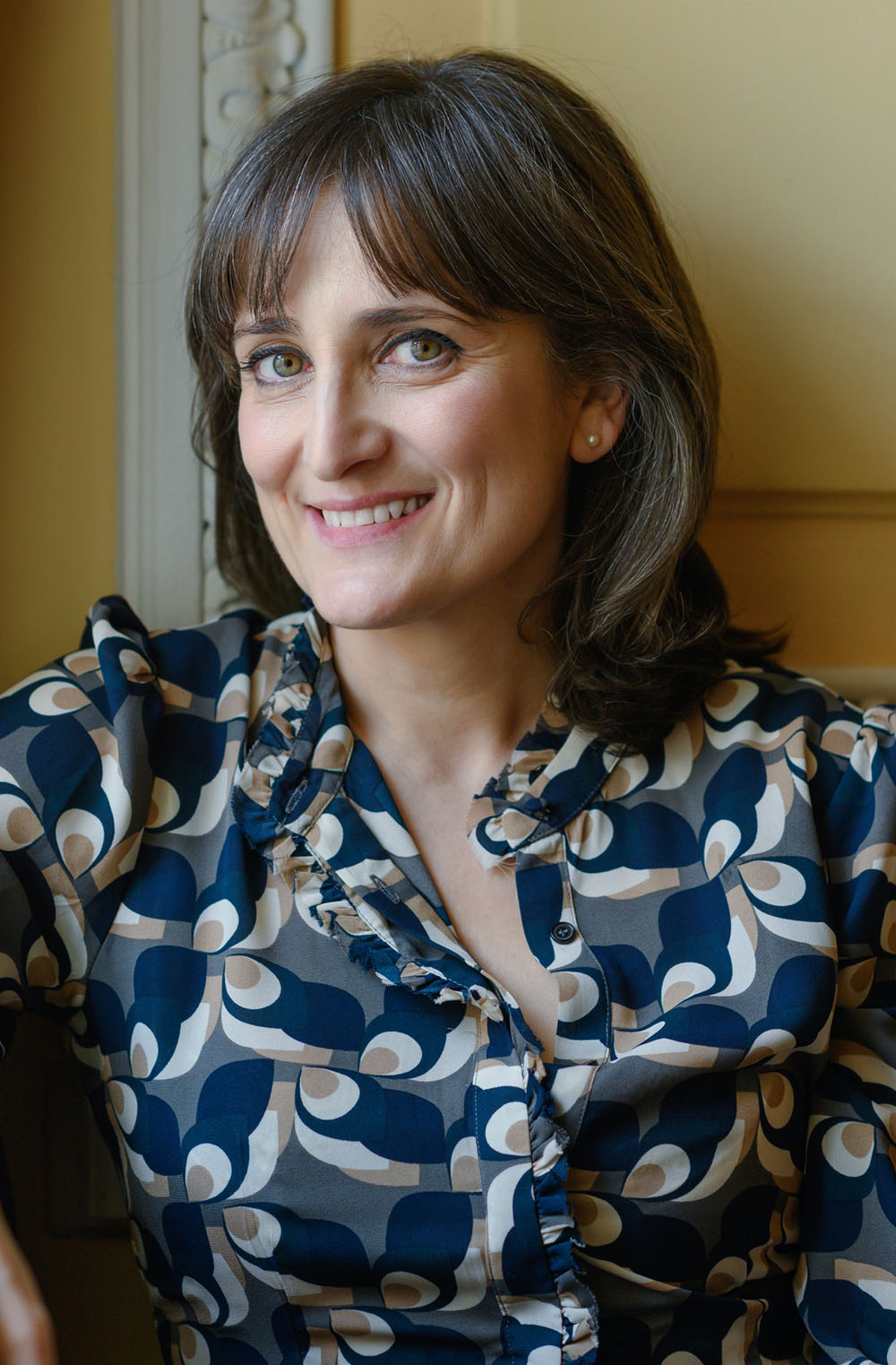A prestigious ERC grant for a researcher associated with the Polish Academy of Sciences
How did student travel in Renaissance Europe influence the development of knowledge and culture? This subject has been taken up by Assoc. Prof. Valentina Lepri from the Institute of Philosophy and Sociology of the Polish Academy of Sciences. The European Research Council (ERC) has just awarded a Consolidator Grant of over 1.7 million euros to her. The Polish Academy of Sciences (PAS) has actively supported the scholar in applying for funding.
“Being a researcher is the best profession in the world. I feel deep gratitude for Poland, because here I got a chance to fulfil myself as a scholar”, says Valentina Lepri and adds: “Thank you to everyone who has trusted me. I am convinced that cooperation within the award-winning project will open a new exciting avenue in Renaissance studies”.
The scholar was recognized for her project “From East to West, and Back Again: Student Travel and Transcultural Knowledge Production in Renaissance Europe (c. 1470 – c. 1620)”. This project will explore knowledge creation from unprecedented angle. Combining intellectual history, history of migration and physical analysis of documents (such as unique students’ hand-written notebooks), the project will examine the impact of multiple cultural stimuli on knowledge formation process.

Support from PAS
From the very outset, the Polish Academy of Sciences has supported the researcher in her efforts to obtain the prestigious ERC grant (from refining the application to organizing a mock panel interviews). “The success of Valentina Lepri shows how important it is to start preparations early and use extensive assistance”, says Ewa Kuśmierczyk, director of the PAS Excellence in Science Department.
Valentina Lepri
Professor Valentina Lepri is Italian. She works at the PAS Institute of Philosophy and Sociology. She is an intellectual historian and historian of ideas, specialized in the Renaissance. She was a postdoctoral research fellow at the Harvard University Center for Italian Renaissance Studies – Villa I Tatti and the MSCA grant winner under Horizon 2020.
For a researcher, obtaining an ERC grant is one of the most important individual achievement. Valentina Lepri is the only Polish winner of this year's Consolidator Grant.
It is worth noting that Dr. Anna Matysiak, who submitted ERC application with a foreign unit, also obtained funding and plans to transfer the grant to the Polish research unit.
ERC grants
Prestigious ERC grants support pioneering research based in the European Union. The motto of the program is “high risk - high gain”, and the sole criterion for evaluating ERC proposals is scientific excellence. The grants amount to up to 3.5 million euros per grant.
The Polish Academy of Sciences actively supports scientists in applying for ERC grants. Researchers can take advantage of free assistance offered by the PAS Excellence in Science Department.
Abstract of Valentina Lepri’s project
This project is the first comprehensive study of transcultural knowledge production in early modern Europe. Its underpinning idea is that the students who travelled from central-eastern Europe to attend renowned universities were active agents of this transcultural knowledge. During their stays abroad they created personal hand-written notebooks containing lecture notes and any other texts that attracted their interest. Conserved in the archives of the Czech Republic, Hungary, Lithuania, Poland and Ukraine, these notebooks provide us with unique and first-hand documentary evidence of the impact of multiple cultural stimuli on knowledge.
Combining intellectual history, history of migration and physical analysis of documents, the project will consider the period from the rise of this practice among students, due to an unprecedented availability of paper (c. 1470), up to the Thirty Years’ War, which restricted their travels. Its objectives are to analyse: the relationship between academic and non-academic knowledge gathered in the students’ notebooks; the emergence of new forms of self-learning, examining the criteria of text selection; and the contact between humanist culture and the cultures of the countries the students came from.
Early modern studies of knowledge production have traditionally focused on academic teaching. Although the cosmopolitan nature of universities is an established fact in these studies, the impact of different cultures (languages, artistic-literary interests, religious practices) on knowledge creation has been neglected, due to lack of evidence.
Students’ experience makes it possible to observe links between knowledge and a plurality of languages and traditions which best reflects the European scenario at the time. The project will explore knowledge creation from an unprecedented angle, fostering a rethinking of the notion of centre and peripheries in Renaissance studies and breaking important new ground for research on intellectual history.
Source of information: European Research Council, Polish Academy of Sciences
Photos: Jarosław Deluga-Góra / Polish Academy of Sciences
